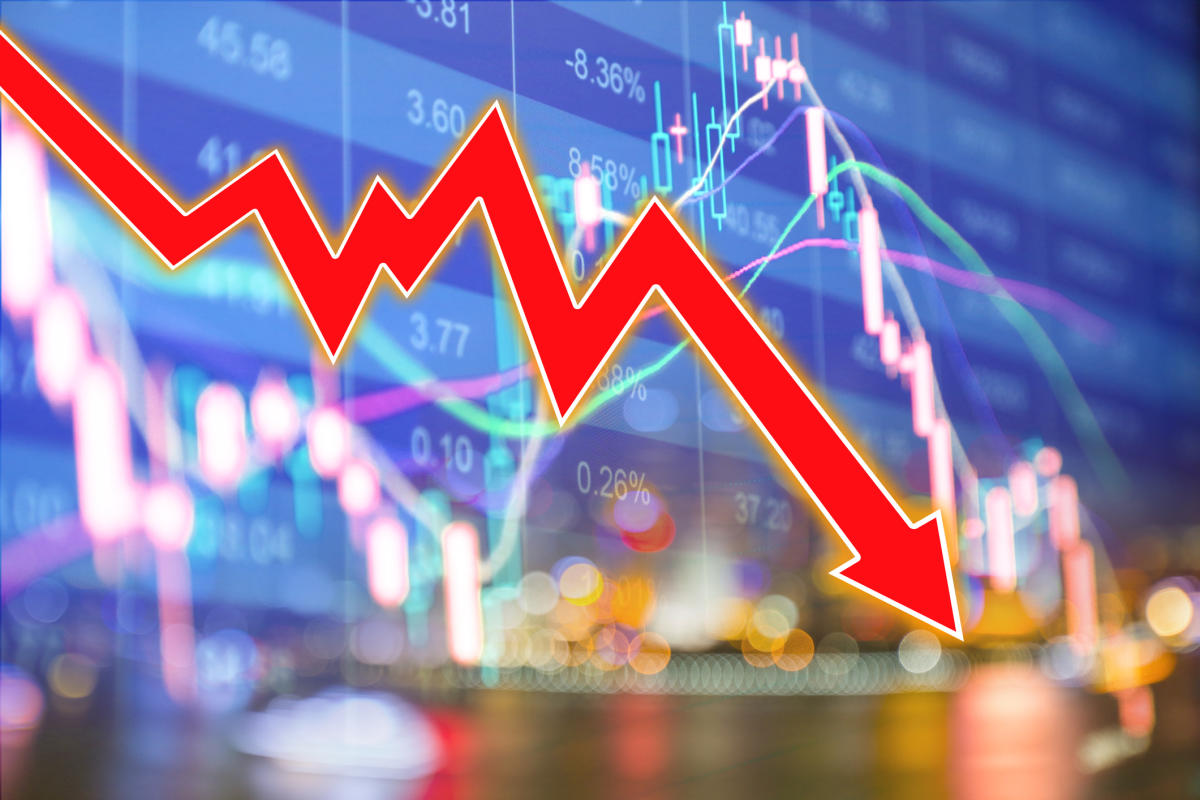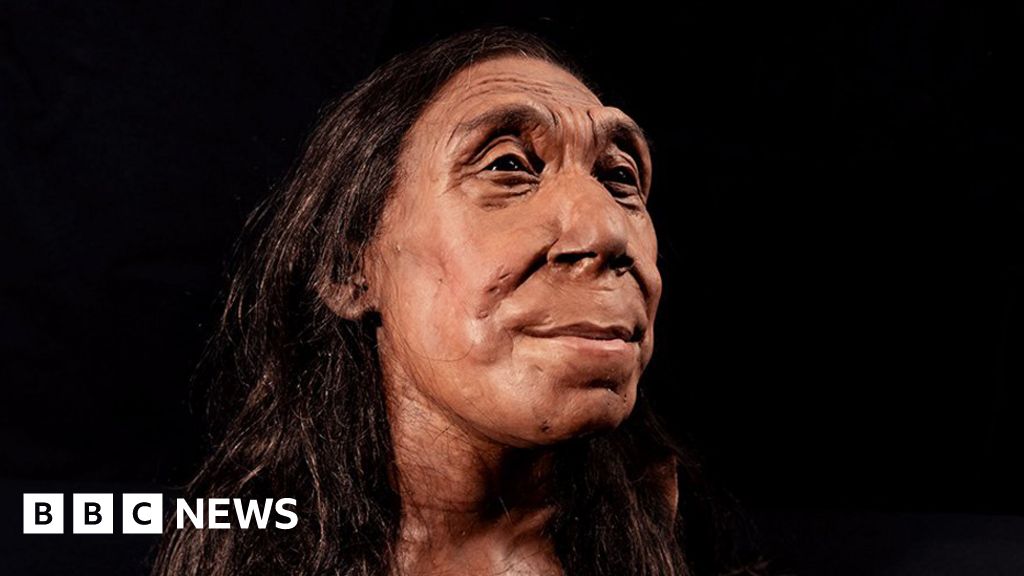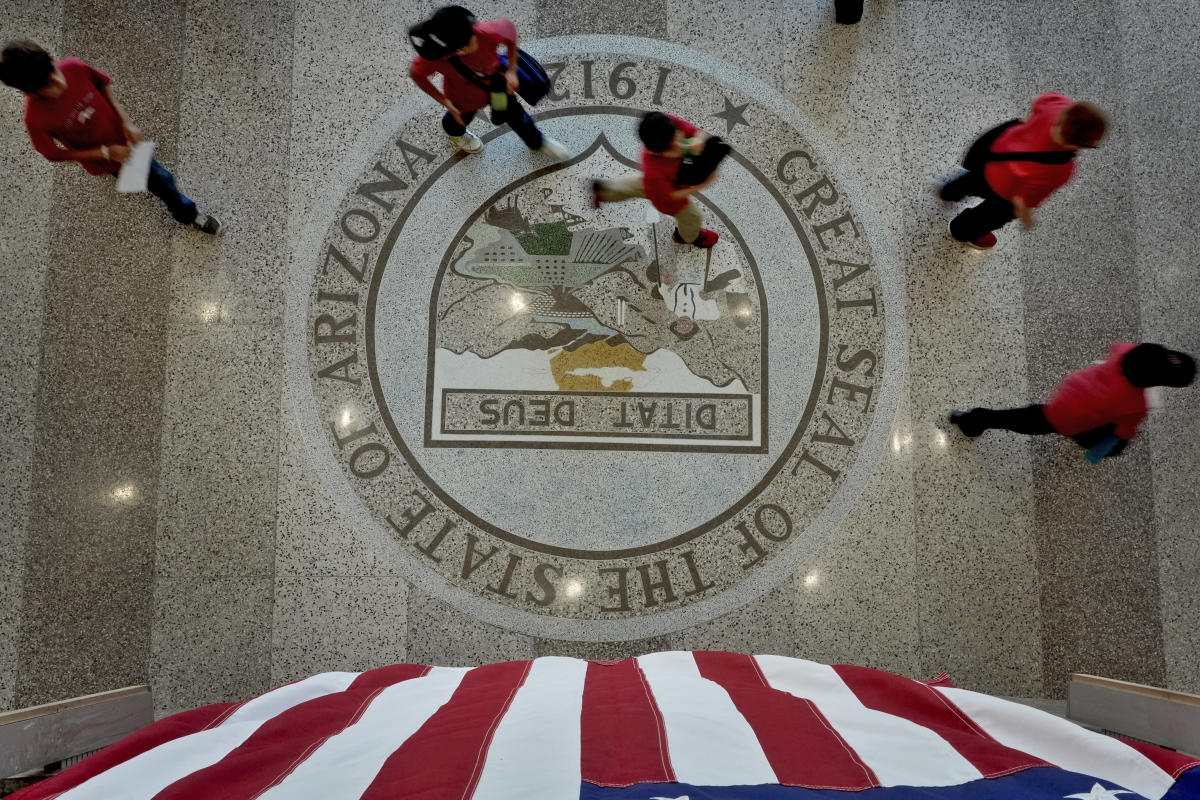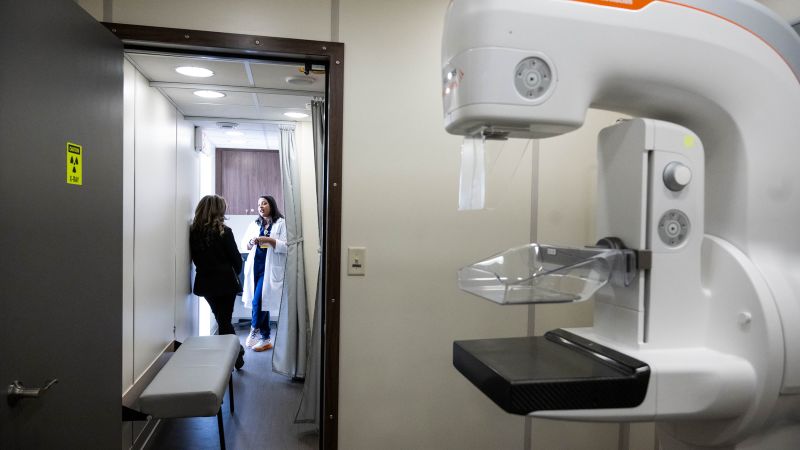SAN FRANCISCO, Nov 16 (Reuters) – U.S. President Joe Biden on Thursday said he would keep working to advance a Pacific trade pact, even as his vision for a regional deal to counter China’s influence stumbled over his bid to strengthen workers’ rights.
“Our work is not yet done,” Biden told corporate CEOs in San Francisco where he attended a summit of the 21-member Asia Pacific Economic Cooperation (APEC) forum.
“We will continue working to better facilitate high-standard trade that advances workers’ rights through strong enforcement of labor standards.”
Biden was also to take part on Thursday in an event for the Indo-Pacific Economic Framework (IPEF), a 14-nation group his administration established.
Hopes for an IPEF trade deal were dashed this week. Members could not agree on improving labor and environmental standards or compliance, people briefed on the talks said.
The U.S. and its Indo-Pacific partners need to regroup and “recalibrate” their trade pillar negotiations early next year, Deputy U.S. Trade Representative Sarah Bianchi told Reuters on Thursday.
Asked how long an IPEF trade agreement could take to conclude, an administration official said most negotiations take years but the White House intended to work on an “accelerated timeline.”
The White House started the IPEF to bolster economic engagement with Asia after former President Donald Trump quit a regional trade pact in 2017. Biden, a Democrat, could face Republican Trump again in next year’s presidential election, a face-off that could impact U.S. support of multi-lateral groups like APEC or the IMF and trade policy.
After a day of meetings, Biden said the leaders signed a supply chain agreement to identify bottlenecks before issues occur, such as during the height of the COVID pandemic. He also said they concluded agreements to accelerate clean energy transitions, as well as an agreement to combat corruption.
He also touted the launch of an “investment accelerator” to bring in private capital for investments in clean energy and technology.
“Government investment is not enough,” he said. “We need to mobilize private investment.”
U.S. INVESTMENT IN ASIA
[1/5]U.S. President Joe Biden addresses leaders at a plenary meeting during Asia-Pacific Economic Cooperation (APEC) CEO Summit in San Francisco, California, U.S. November 16, 2023. REUTERS/Brittany Hosea-Small Acquire Licensing Rights
Before the APEC summit, Biden on Thursday touted investments by U.S. companies in the region including Amazon.com (AMZN.O), Delta Air Lines (DAL.N), PepsiCo (PEP.O), Apple (AAPL.O) and Boeing. (BA.N)
He argued that continued U.S. economic growth would buoy the entire world, an assessment challenged by the sluggish global economy.
The International Monetary Fund last month cut its growth forecasts for China and said overall global growth remained low and uneven despite what it called the “remarkable strength” of the U.S. economy. It projects 3.0% real global GDP growth for 2023.
Biden said 60% of U.S. exports went to APEC countries, and American businesses were the largest source foreign direct investment in those economies, committing at least $40 billion in 2023.
U.S. Commerce Secretary Gina Raimondo said earlier on Thursday IPEF countries had agreed on several “pillars” of the trade initiative, covering cooperation on clean energy and anti-corruption measures. Ministers also formally signed a previously agreed text of a third pillar, covering supply chain resiliency.
The U.S.-backed initiative is not the only game in town. Trade ministers from the Comprehensive and Progressive Agreement for Trans-Pacific Partnership countries on Wednesday welcomed more members to the bloc if they can meet its standards.
An earlier version of that trade bloc was abandoned by Trump, and under Biden, free-trade deals have been placed on the back burner amid pressure from labor groups.
APEC members have been closely watching developments between the U.S. and China, the world’s two largest economies and strategic rivals, concerned that ever more intense competition could upset global trade and security.
Biden, who held a high-stakes summit with Chinese President Xi Jinping on Wednesday aimed at steadying tense relations, said a stable relationship between the U.S. and China was good for the world.
He said he told Xi that he regarded the United States as “a Pacific nation” that will remain engaged in the region. Biden said the United States was not de-coupling its economy from China, but “de-risking and diversifying.”
“A stable relationship between the world’s two largest economies is not merely good for those two economies but for the world,” Biden said to applause. “It’s good for everyone.”
Richard Adkerson, chief executive of mining company Freeport-McMoRan Inc (FCX.N), with operations in Peru and Indonesia, said he was “encouraged” by signs of improving relations between the China and the United States, including the presidents’ meeting.
“We have to wait and see whether it’s a watershed moment or not,” he said.
Reporting by Trevor Hunnicutt, David Brunnstrom, Nandita Bose, Ann Saphir, Katharine Jackson, Andrea Shalal and Doina Chiacu; Editing by Cynthia Osterman and Stephen Coates
Our Standards: The Thomson Reuters Trust Principles.

Amanda Smith is a dedicated U.S. correspondent with a passion for uncovering the stories that shape the nation. With a background in political science, she provides in-depth analysis and insightful commentary on domestic affairs, ensuring readers are well-informed about the latest developments across the United States.

/cloudfront-us-east-2.images.arcpublishing.com/reuters/24HZB7YVRNIP5NNZCD63EWIPGE.jpg)






